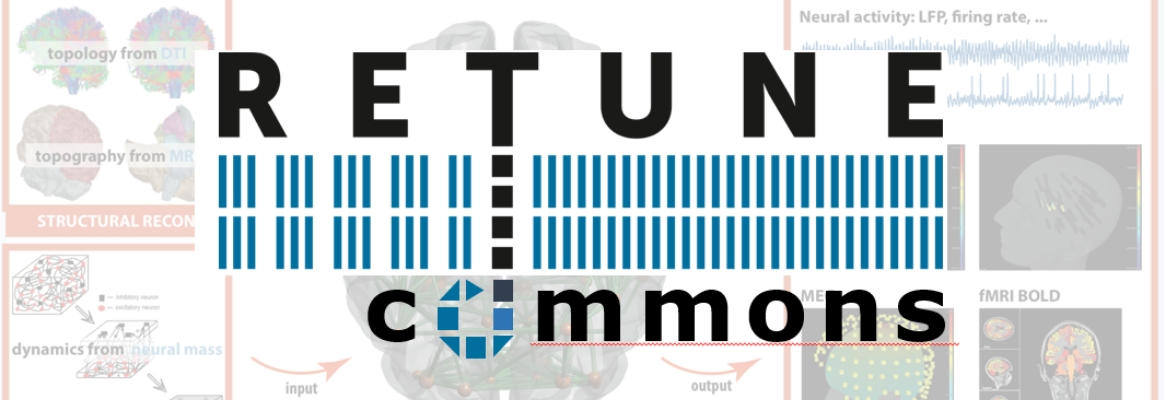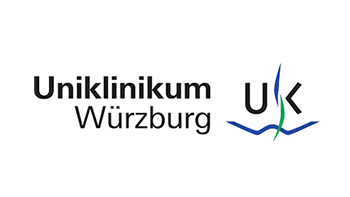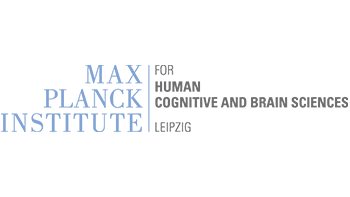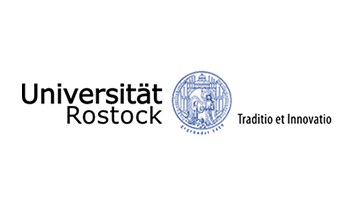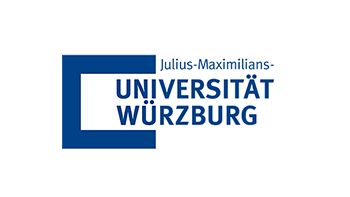The ReTune consortium studies the neuromodulation of neural circuits and their pathostates, and therefore collects extensive multidimensional datasets acquired from both animals and humans. The central aim of the ReTune INF project is to ensure the effective and sustainable management and processing of these valuable datasets. To achieve this aim, we developed a centralized framework for data standardization, data sharing and data analysis for neuromodulation research, known as “ReTune Commons”. In the second funding period, we envision the automation of our common data standardization, common data privacy-compliant infrastructure for data sharing, and common centralized pipelines for multimodal and cross-species data analyses.
Complex, multidimensional data, including behavioral readouts imaging and electrical recordings, will be collected within the TRR from animals and humans. Our overarching goal is to incrementally integrate these data into comprehensive computational models that will allow inference of the underlying rules governing experimental observations. To meet the challenges involved in data collection, storage, and exchange in a standardized and efficient way, the INFproject will develop ReTune Commons, a central data management platform. We will harmonize and standardize data acquisition and storage, develop concepts for quality assurance, establish rules for data sharing, and set up hard- and software infrastructure to support data management.
ReTune is collecting complex multimodal human neuromodulation research data. This is spanning electrophysiological (e.g. ECoG, LFP, MEG and EEG), neuroimaging (e.g. anatomical MRI, electrode localizations, functional and structural MRI) and human clinical data (e.g. behavioral, clinical, and routine clinical care data). Specific data standards are needed, to meet the substantial challenges involved in collecting, sorting, and exchanging the different types of data collected within ReTune. The human neuroscience INF project aims to develop computational methods to secure FAIR (www.go-fair.org) and reproducible data handling through the ReTune Commons as a central element of the ReTune consortium.
- Pursuing three intersecting work packages, we will:
- Harmonize and standardize experimental data by adhering and extending major international initiatives, such as the Brain Imaging Data Structure (https://bids.neuroimaging.io/).
- Develop concepts for data quality assurance.
Establish consensus principles for data policy, privacy, access, use, and integration of human experimental, imaging, and clinical data, within the set-up hardware and software infrastructures to support data management, including mapping of public data, within the TRR.
The three intersecting work packages for establishing ReTune Commons comprise:
- common data standards
- common data infrastructure
- Common containerized application framework
The overarching aim of the INF project is to ensure the highest quality research output within the TRR, and to facilitate replicability of results across different research settings, which will build the basis for integrating data of basic animal, human, and clinical origin and generating hypotheses for new research projects and prospective clinical studies.

Team
-

Prof. Petra Ritter
Berlin Institute of Health at Charité (BIH)
Steering Committee and Equal Opportunity Committee Member, Project Leader
-

Prof. Julian Neumann
Charité – Universitätsmedizin Berlin
Steering Committee and Equal Opportunity Committee Member, Project Leader
-

Prof. Muthuraman Muthuraman
Universitätsklinikum Würzburg
Project Leader
-

Prof. Philip Tovote
Universitätsklinikum Würzburg
Steering Committee Member, Project Leader
-

Jojo Vanhoecke
Charité – Universitätsmedizin Berlin
PhD Student
-

PD Dr. Robert Preissner
Charité – Universitätsmedizin Berlin
INF Alumnus Project Leader
-

Dennis Segebarth
Universitätsklinikum Würzburg
INF Alumnus
Publications
Research Data Management and Data Sharing for Reproducible Research-Results of a Community Survey of the German National Research Data Infrastructure Initiative Neuroscience.
- Prof. Petra Ritter
Virtual deep brain stimulation: Multiscale co-simulation of a spiking basal ganglia model and a whole-brain mean-field model with The Virtual Brain.
- Dr. Jil Meier
- Prof. Petra Ritter
Brain simulation as a cloud service: The Virtual Brain on EBRAINS.
- Prof. Petra Ritter
Overcoming the Reproducibility Crisis – Results of the first Community Survey of the German National Research Data Infrastructure for Neuroscience
- Prof. Petra Ritter
Research data management in clinical neuroscience: the national research data infrastructure initiative
- Prof. Petra Ritter
NFDI-Neuro: building a community for neuroscience research data management in Germany
- Prof. Petra Ritter


